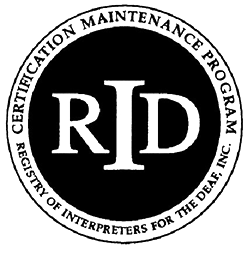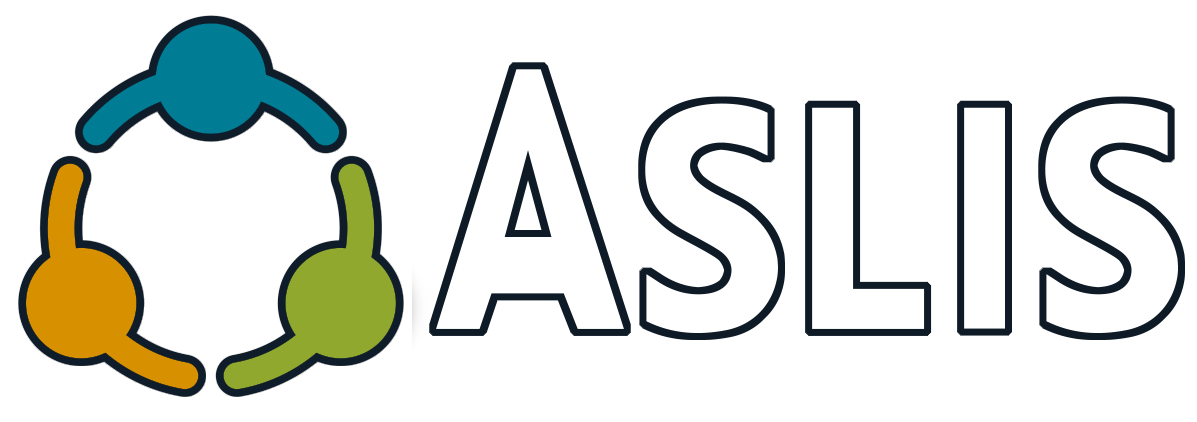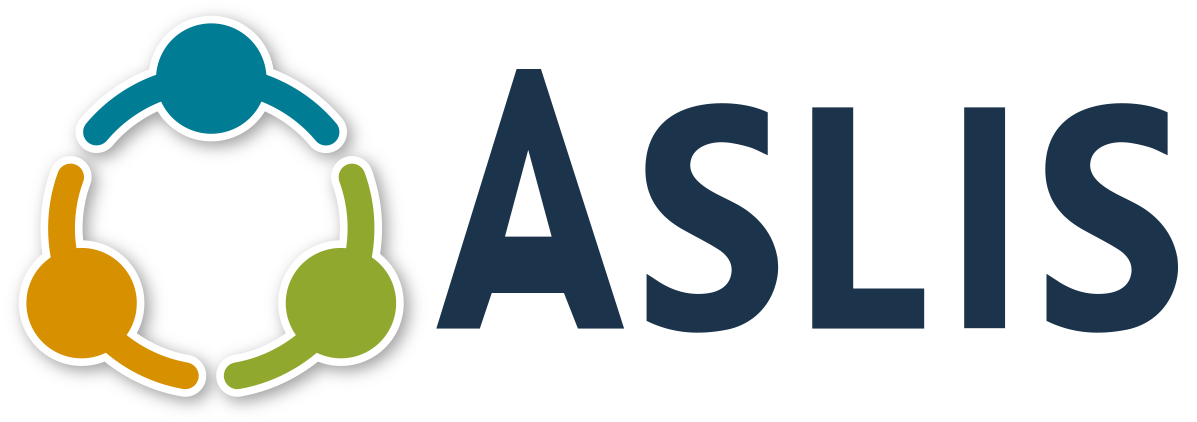december, 2020
Time
(Thursday) 6:30 pm - 8:30 pm CST
Location
Virtual - Zoom
Presented in
English, unless otherwise requested.
Cost
FREE for Interpreters who reside in Minnesota and work in secure facility settings.
CEUs
0.2 Professional Studies
ASLIS is an Approved RID CMP Sponsor for Continuing Education Activities. This Professional Studies program is offered for a total of 0.2 CEUs at Some Content Knowledge Level.

![]()
Event Details
During this Peer Support and Consultation Project for Interpreters (PSCPI) session, participants will be asked to bring their own topic as it pertains to interpreting in secure facility settings. The Peer
Event Details
During this Peer Support and Consultation Project for Interpreters (PSCPI) session, participants will be asked to bring their own topic as it pertains to interpreting in secure facility settings.
The Peer Support and Consultation Project for Interpreters (PSCPI) is a unique, experiential approach to confronting and ameliorating compassion fatigue and vicarious traumatization. These conditions have the potential to erode attitude, self-management, neutrality, community, professionalism, and overall effectiveness of interpreters. Intelligent protective factors are integrated into the design of the PSCPI meetings. This group provides a fresh, supportive and challenging environment where interpreters can learn and share self-management tools while reviewing, reflecting and sharing the sources and impacts of professional stress. Through this unique sharing, members lessen the impact of this type of stress on their lives and the increase the quality of their personal and professional relationships.
In the broadest sense, the goal of all interpreters, including medical and mental health interpreters, is to work effectively and comfortably in the many and varied settings we encounter. Interpreters are on the front-lines of patient care provision, working with sex offenders, survivors of abuse, and more. We all work with people who have experienced oppression, pain and sometimes trauma, simply by being part of a linguistic and cultural minority. Certainly that oppression is systemic – sometimes that system includes their own families. Part of our work will bring us into close proximity with intensity, trauma and oppression. Naturally, there are profound personal, professional and societal benefits to working in these settings. There are also unavoidable negative consequences that we need to acknowledge. Interpreters everywhere have developed unique short and long-term strategies for managing the ‘shadow’ side of our work.
It is critical that interpreters and the systems that employ interpreters, recognize that as a result of working in these more ‘highly charged’ settings, there is increased risk for vicarious trauma, compassion fatigue, secondary trauma, among other occupational hazards, too. Medical personnel, corrections, police, attorneys, among others, are vulnerable to these conditions that lead to diminished professionalism and zest for life. The consequences can be devastating for all who work in close proximity to the pain and trauma of others.
Educational Objectives:
Participants will:
– Discuss their own topic related to the interpreting work environment, intra-personal, inter-personal, and systemic demands and generate personalized solutions for how to enhance their effectiveness as an interpreter working in secure facility settings
– Analyze their ethical and personal challenges in a structured case consultation format to develop insights into the demands and controls of their work in secure facility settings
Presenter Bio

Arlyn Anderson is a mental health interpreting consultant, compassion fatigue educator and internationally credentialed personal coach. Arlyn has dedicated her expertise and heart to individuals and projects benefiting the interpreting community, including RID Standard Practice Papers on Mental Health Interpreting and Video Remote Interpreting, and the NCIEC Mental Health Interpreting Domains and Competencies. Arlyn has taught mental health interpreting at St. Catherine University and Metropolitan State University, as well as in her 16-week online program. She is the co-founder and facilitator of the Peer Support and Consultation Project for Interpreters Working in Mental Health Settings (PSCPI), and she currently facilitates multiple groups focused on interpreter effectiveness and well-being. Arlyn is the author of the Whole Interpreter’s Guide to Mental Health Interpreting. Arlyn received her MA in Human Development, from St. Mary’s University, in Minneapolis, where she concentrated her studies on the intersection of clinical psychology, interpreting and interpreter wellness. Arlyn is the owner of Whole Interpreter Enterprises, LLC and ID Matters.biz.
Request a Workshop
Request Additional SessionRegister
Interpreter Accommodations - Requires a 2 week notice
Request an InterpreterContact Us!
Contact Us!Organizer

ASL Interpreting Servicesinfo@aslis.com 5801 Duluth Street, Suite 106, Golden Valley, MN 55422
Provided/Sponsored By
This program is provided by ASLIS and is supported by grant funding from the Minnesota Department of Human Services, Deaf and Hard of Hearing Services Division.



